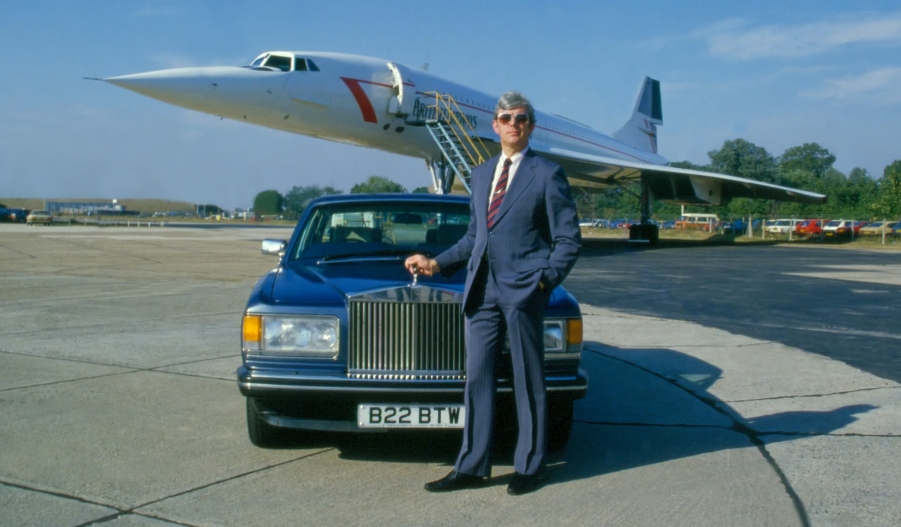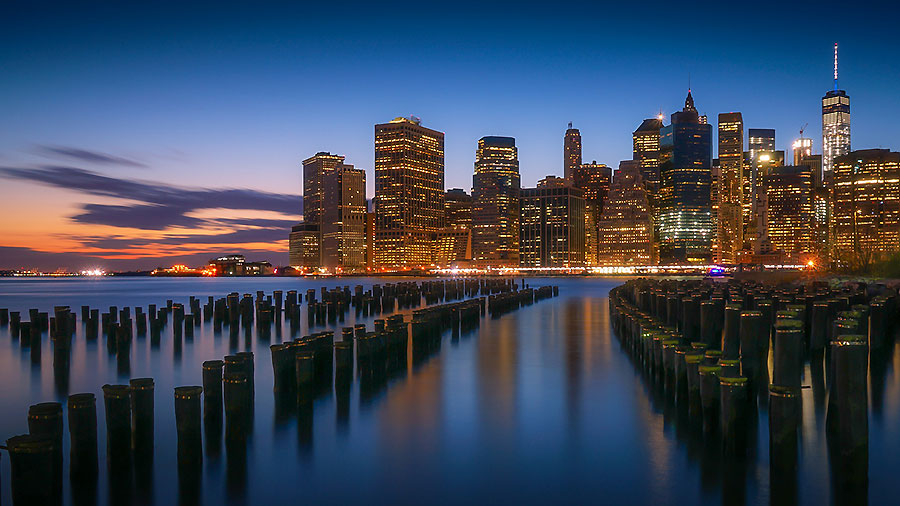Global Travel News
Meet Fred Finn, World’s Most Traveled Man

You would remember Fred if he happened to sit next to you on a flight. The current prevailing assumption is that, once you’re seated on a plane, nobody wants to talk to you, and you don’t want to talk to anyone. (Very likely, the person next to you makes this abundantly clear by never removing earbuds or headphones. Or is it just me?)
But if Fred sits next to you, you can discover — or rediscover — the serendipitous joy of conversation with a stranger. He’s a fabulous raconteur.
He was not to the Concorde born; his first flight across the Atlantic from London took 19 hours, with intermediate stops in Iceland and Bangor, Maine, before reaching New York. But the Concorde made him an efficient lawyer on behalf of Hasbro: He could visit three countries in a day without having to check into a hotel.
He also was a regular on Pan Am 747s, where he would spend four hours at a table with random passengers over leisurely dinners. All the men in ties, of course. Flight attendants trained at London’s Savoy Hotel.
To speak with Fred is to sigh for days gone by.
And he met his share of celebrities. Nervous flyer Buddy Rich asked him to hold his hand during takeoff. He became good friends with Johnny Cash and June Carter, dining with them whenever they came to New York. On an almost empty flight, fellow passenger John Denver pulled out his guitar and gave a private concert. Fred became pals with Bruce Springsteen (“You’d sit next to and talk to people you couldn’t get a sniff of if you were on the ground”).
But you didn’t need to be famous for Fred to find you interesting. He’d always be in 9A; whoever was in 9B was fair game.
British Airways (his preferred carrier on Concorde; the food, he asserts, was far superior to the Air France version) recognized him with a Champagne ceremony on the tarmac before his 100th flight and treated him royally … until Willie Walsh became CEO and all his privileges were taken away, despite his documentation promising exceptional treatment from Walsh’s predecessor, Colin Marshall. It’s best not to mention Willie Walsh’s name to Fred. There’s still beef. (His privileges were restored after Walsh left.)
He’s a font of knowledge about travel, aviation in particular. He has lectured on Cunard’s Queen Elizabeth 2, he’s been invited to speak to British Airways employees and he provides anecdotes and travel tips on the speaking circuit.
His autobiography, “Sonic Boom,” (2024, Finn Associates) is a delightful read.
And he keeps up with what’s going on in the air. He dismisses Boom, the emerging supersonic flight company that has secured preorders from American, United and Japan Airlines.
“First of all, it’s not a good name for an airplane,” he told me on a recent Zoom call I had with him. He said that if it flies in 2030, which is when the company says it’ll be ready, “I’ll eat my hat.”
He’s much more bullish on the X-59, under development by Lockheed Martin and NASA and designed to reach speeds of Mach 3, but with no sonic boom when traveling up to Mach 1.4. It will be able to travel quickly over populated areas, which the Concorde was not allowed to do, before really opening up above the ocean.
When it premieres, its configuration will no doubt be up to date on www.seatmaps.com, the website he co-founded.
I flew the Concorde in the season of its last flights, in 2003. At the time, I wrote that a flight attendant said that “passengers — mostly male, mostly wearing suits, mostly reading newspapers — seldom left their seats or acknowledged their fellow passengers with more than a grunt and nod.”
Except, apparently, in seats 9A and 9B.
Because the flight I took was one of the last, the plane was filled with a diverse range of people, all talking to one another. They were excited for the entire three-hour flight.
Today, travelers regard air travel as a chore. Talking with Fred, you get the sense every flight is a reason to celebrate. I confess that I don’t want to wear a tie every time I board a plane, but if the upgrade comes through, I’d be willing.
His is an appealing approach to flying. I suspect there are others who would be willing to fly in a plane full of people expecting to enjoy the experience; perhaps there’s an opportunity for a very small airline to offer not a trip back in time, but an elegant, modern experience. Perhaps even with a dress code.
And after talking to Fred, I’m inspired to take a few more chances talking to earbud-less strangers. If familiarity breeds contempt, perhaps unfamiliarity can create goodwill.












 Must Try Foods
Must Try Foods
 Gastronomy Cities
Gastronomy Cities
 Chef's Talk
Chef's Talk